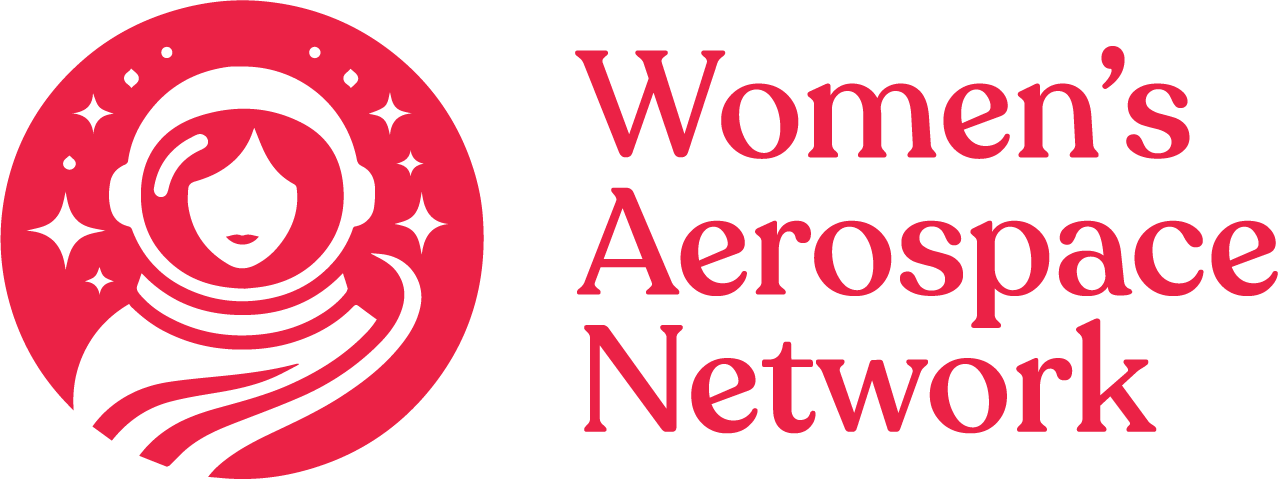From Music to Mars: Gracie Cole's Inspiring Journey to Deep-Space Engineering
Gracie Cole's path to aerospace was anything but conventional. It all started with a music degree from Duke University, where she was more focused on melodies than mechanics. “Engineering was a dream of mine, but not a priority at the time,” Gracie admitted. Little did she know, her journey would one day lead to designing habitats for deep-space missions.
After college, Gracie’s love for adventure took her to the frozen wilderness of Antarctica, where she started as a dishwasher and worked her way into a role as a fuels operator. It was there, amidst the sub-zero temperatures, that she unexpectedly rekindled a dormant passion for engineering.
“I found myself fascinated by fluid mechanics—how pressure changed within our fuel systems,” she said. “It was like igniting a hidden love for engineering in one of the coldest places on Earth.”
At 33, Gracie made a bold decision to return to school for an engineering degree. “It wasn’t easy going back to school,” she reflected. “But I knew I had to follow this passion, no matter how intimidating it felt.”
Her efforts paid off when she landed an internship at Sierra Nevada Corporation, working on communication systems for C-130 aircraft. This experience led to her current role at Sierra Space, where she now develops LIFE® (Large Integrated Flexible Environment) Habitats—inflatable habitats designed to expand in orbit, creating spacious environments for astronauts on missions to low earth orbit, the moon, Mars, and beyond.
“LIFE Habitats are about efficiency,” Gracie explained. “They start small, launch compactly, and expand up to six times their volume once in space. It’s about making livable environments for deep-space exploration.”
Gracie’s journey has been fueled by three core lessons: leaning into learning, seeking mentorship, and embracing teamwork. She actively seeks hands-on experiences, finds mentors who inspire her, and prioritizes clear communication. “Collaboration is key,” she said. “No one succeeds alone in aerospace.”
TIPS FOR ASPIRING ENGINEERS
Gracie shared some key advice:
Lean Into Learning: Ask questions and seek hands-on experiences, whether it’s from mentors or engineers leading projects.
Mentorship Matters: Find mentors who embody qualities you admire and offer fresh perspectives—even if they’re outside your direct team.
Teamwork & Communication: These skills have been vital to Gracie’s success, both at Sierra Space and throughout her career.
Unexpectedly, Gracie’s music background turned out to be an asset. During a conversation with a former astronaut, he affirmed that music and engineering often engage similar cognitive skills. “That was an eye-opener,” Gracie recalled. “I never expected my music degree to be relevant in this field, but it turns out it helped develop my analytical thinking.”
Reflecting on her journey, Gracie encourages others to pursue their passions, no matter how unconventional they may seem. “Never let your beginnings limit where you can go,” she said. “If you stay curious and keep learning, there’s no telling how far you can go—even to deep space.”
Gracie’s story is a powerful reminder that following your passions can open doors to unexpected opportunities, no matter when you start.
TOP READS RECOMMENDED BY GRACIE
Looking for your next read? Here are Gracie’s top three book picks:
"Dare to Lead" by Brené Brown – A powerful guide to building character traits that make us more effective leaders and teammates.
"Ender’s Game" – A sci-fi classic that blends strategy with inspiration.
"A Separate Peace" – An old favorite that still resonates with Gracie.
💬 Let’s keep the conversation going! What resonated with you from this issue? Share your thoughts in the comments or message us directly.
🔗 Follow Women's Aerospace Network on LinkedIn for more inspiring stories, career tips, and insights.
✉️ Subscribe to stay updated with future editions

